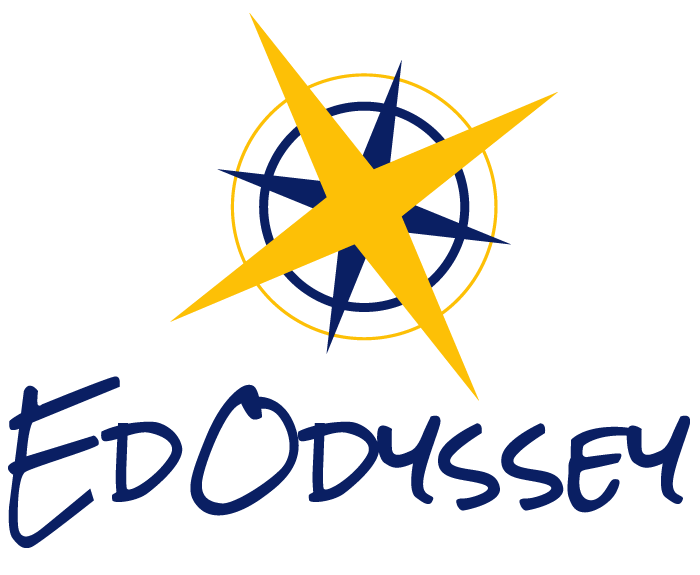Blog
How Medical Spanish & Latinx Patient Knowledge Supports Healthcare Students & Professionals
Learning medical terminology in Spanish will help YOU serve OTHERS to ensure their health and safety. Multilingualism is becoming increasingly recognized as vital within healthcare and fields requiring professionals to understand medical needs of hispanic populations.
Understanding Why Medical Spanish and Hispanic Cultural Knowledge Matters in Healthcare
The need for Spanish speaking professionals continues to rise, and students and professionals who want to prepare for the future of healthcare will require training that combines language, culture and best practices.
How to Define the Study Abroad "Immersion" Experience
Immersion during study abroad involves a deep involvement and understanding of the culture of a different country. It is not just an overview or a checklist of that country’s features, but a thorough encounter into the sublayers of social, political, ideological, and economic factors that define it as a culture.
Defining and Differentiating Tourists from Global Citizens
Positive change comes from working to understand problems and finding solutions. When challenges arise from understanding a new culture, my team and I at EdOdyssey want to provide perspective of what we do best: we find authentic ways to share educational experiences with students.
5 Ways to Acquire Foreign Language
At some point in their academic life, all students feel the pressure of learning different sets of verbs and their conjugations, grammatical rules, and practice-scenarios. It is not uncommon to have heard of a friend who felt so anxious with the workload that they decided to withdraw from a language course altogether. This doesn’t have to happen that way. There is a better way to easily speak and understand other languages.
Why Your International Friendships Will Last A Lifetime
As you look to study abroad, you might think that making friendships abroad might seem like a daunting task given your destination, but the long-term effects are worthwhile! Developing lifelong connections with other international students and your local peers will provide you with a deeper understanding of other cultures, after interacting effectively with people from cultures besides their own. If you’re coming back from being abroad, you’re probably thinking about how your new friends from abroad will play into the rest of your life.
Search previous blogs here.



